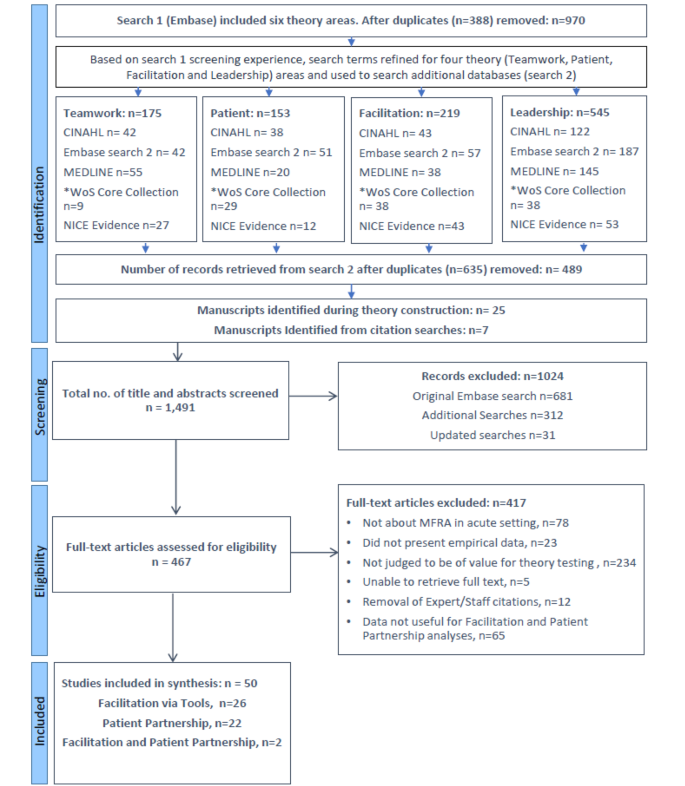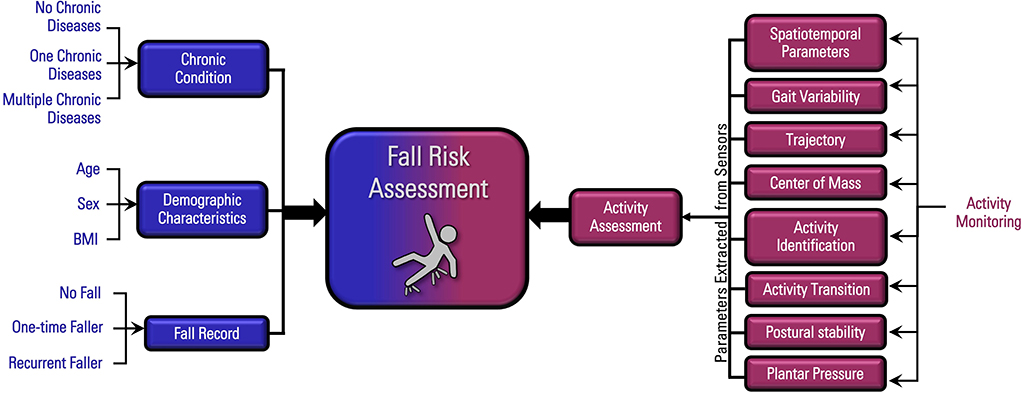Indicators on Dementia Fall Risk You Should Know
Wiki Article
Getting My Dementia Fall Risk To Work
Table of Contents3 Easy Facts About Dementia Fall Risk DescribedEverything about Dementia Fall RiskThe smart Trick of Dementia Fall Risk That Nobody is Talking AboutThe Facts About Dementia Fall Risk UncoveredDementia Fall Risk for Dummies
Ensure that there is a designated location in your clinical charting system where personnel can document/reference scores and document appropriate notes related to drop avoidance. The Johns Hopkins Fall Risk Analysis Tool is one of many devices your staff can make use of to help prevent damaging medical events.Person falls in health centers are typical and incapacitating damaging events that linger in spite of decades of effort to lessen them. Improving interaction across the analyzing registered nurse, treatment team, patient, and individual's most involved loved ones may reinforce fall avoidance efforts. A group at Brigham and Women's Health center in Boston, Massachusetts, looked for to establish a standardized autumn avoidance program that centered around boosted communication and client and family members interaction.

The development group emphasized that effective application relies on client and team buy-in, integration of the program into existing operations, and integrity to program procedures. The group kept in mind that they are grappling with exactly how to guarantee connection in program execution during durations of situation. During the COVID-19 pandemic, for instance, a rise in inpatient falls was connected with limitations in client involvement in addition to limitations on visitation.
5 Easy Facts About Dementia Fall Risk Described
These incidents are normally considered preventable. To execute the treatment, companies need the following: Access to Autumn suggestions resources Fall TIPS training and retraining for nursing and non-nursing staff, including new registered nurses Nursing workflows that enable client and family members engagement to conduct the drops analysis, ensure usage of the prevention plan, and perform patient-level audits.The outcomes can be extremely damaging, usually increasing patient decrease and creating longer hospital keeps. One research approximated remains enhanced an extra 12 in-patient days after an individual autumn. The Fall TIPS Program is based upon interesting people and their family/loved ones throughout 3 major procedures: evaluation, individualized preventative interventions, and bookkeeping to make sure that clients are participated in the three-step autumn avoidance procedure.
The patient analysis is based on the Morse Loss Range, which is a confirmed loss risk evaluation tool for in-patient hospital settings. The scale consists of the six most typical factors people in hospitals drop: the patient loss background, risky problems (consisting of polypharmacy), use IVs and other exterior gadgets, mental standing, gait, and flexibility.
Each danger factor relate to several workable evidence-based interventions. The registered nurse creates a strategy that includes the interventions and is noticeable to the treatment group, client, and family members on a laminated poster or printed visual help. Registered nurses establish the plan while meeting with the client and the person's family.
Facts About Dementia Fall Risk Revealed
The poster serves as an interaction device with various other participants of the patient's care team. Dementia Fall Risk. The audit component of the program includes assessing the patient's knowledge of their risk variables and prevention strategy at the device and medical facility levels. Nurse champs perform at the very least 5 private interviews a month with patients and their family members to look for understanding of the fall avoidance strategy

An approximated 30% of these falls outcome in injuries, which can range view it in severity. Unlike various other unfavorable occasions that call for a standard medical response, autumn prevention depends extremely on the demands of the individual.
Not known Facts About Dementia Fall Risk

Based upon bookkeeping results, one website had 86% compliance and two sites had more than 95% conformity. A cost-benefit evaluation of the Loss TIPS program in eight hospitals approximated that the program expense $0.88 per patient to carry out and led to cost savings of $8,500 per 1000 patient-days in straight prices associated with the prevention of 567 tips over 3 years and eight months.
According to the innovation group, companies curious about implementing the program must perform a readiness evaluation and drops avoidance voids analysis. 8 In addition, organizations must make certain the necessary facilities and process for implementation and develop an application plan. If one exists, the organization's Fall Avoidance Task Pressure should be entailed in preparation.
The Only Guide for Dementia Fall Risk
To start, companies ought to find out this here make certain completion of training modules by registered nurses and nursing aides - Dementia Fall Risk. Medical facility team should examine, based on the requirements of a hospital, whether to utilize a digital health record hard copy or paper variation of the fall avoidance strategy. Executing teams must hire and educate nurse champs and develop processes for bookkeeping and reporting on loss informationTeam need to be associated with the procedure of revamping the process to involve clients and household in the assessment and avoidance plan procedure. Systems ought to remain in location to ensure that units can understand why a loss happened and remediate the reason. A lot more particularly, registered nurses ought to have channels to supply continuous responses to both personnel and unit leadership so they can readjust and boost loss avoidance workflows and communicate systemic troubles.
Report this wiki page